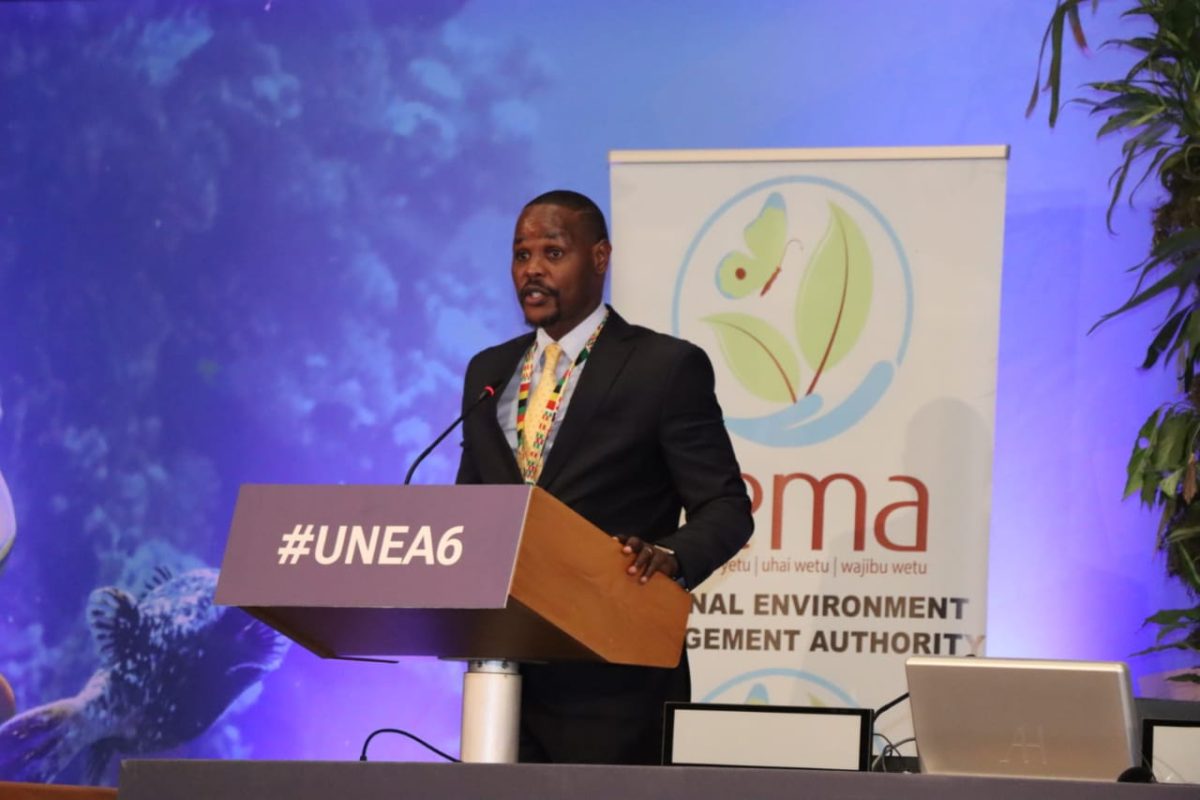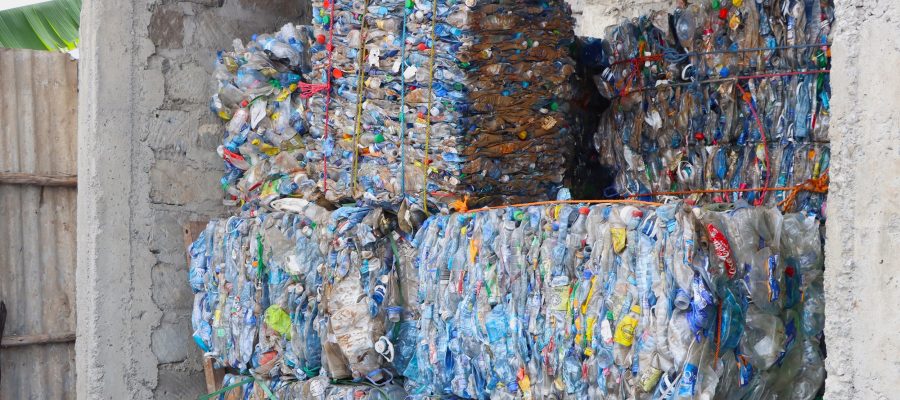29th February 2024 – Nairobi: In a bold move to ensure compliance with the Extended Producer Responsibility Regulations (EPR), the government has today issued a clarion call to action for producers introducing any product in the Kenyan market, either locally produced or imported, to comply with the regulation.
“The Sustainable Waste Management Act 2022 presents a major shift towards the circular economy. This is a bold move for Kenya, as the first country to subject all products to EPR,” said Eng. Festus Ng’eno, Principal Secretary; Ministry of Environment, Climate Change and Forestry.
He appreciated Kenya’s private sector for embracing the EPR and commended businesses already implementing their EPR plans while calling on more action from the producers. “The regulation is very clear; all producers must comply. More so, I call on all producers to subject their product designs to models that enable reuse, refill, repurpose, and recycling. He emphasized that this is how we will achieve a circular economy that prevents the depletion of vital resources and safeguards their availability for future generations,” he emphasized.
He was speaking at the UNEA6 side event on “Circular Economy and Extended Producer Responsibilities (EPR) in Addressing Pollution Control,” organized by the National Environment Management Authority (NEMA) in partnership with the Kenya Private Sector Alliance (KEPSA) and other partners.

Eng. Ng’eno was echoed by the CEO of the Council of Governors, Ms. Mary Mwiti, who called on the 47 counties to actively do their part in implementing the regulations. “True change begins at the grassroots level, and the counties are the core custodians of EPR. Therefore, we must play our role in the enactment and work collaboratively with the private sector and the communities.”
The event brought together global leaders, experts, and stakeholders in the private and public sectors. It served as a dialogue to celebrate Kenya’s progress in waste policies and explore collective resolve to combat pollution through the circular economy and Extended Producer Responsibilities (EPR).
According to NEMA’s Director General, Mamo B Mamo, EBS enforcement is the bedrock of progress. “With unwavering commitment and everyone playing their role, we can ensure accountability and safeguard our environment for future generations. Let us stand firm in our resolve to uphold the principles of responsibility and integrity in our pursuit of sustainability.”
The discussion was based on the Sustainable Waste Management Act 2022 Section 13(1), which requires “every producer to bear extended producer obligations to reduce pollution and environmental impacts of the products they introduce to the Kenyan market and waste arising therefrom.”
Emily Waita, the KEPSA Environment, Water and Natural Resources Sector Board Chair, noted the role of businesses in shaping our collective future. “Let us embrace the producer responsibility, reimagine our role in driving positive change, and double the speed to achieve meaningful change.”
She further highlighted KEPSA as a crucial partner in implementing the regulation through voluntary initiatives like the Kenya Plastics Pact, which engages policymakers to advocate for supportive regulations and supports businesses in adopting sustainable production practices to comply with EPR. “By aligning profit with purpose and embracing circular economy principles, we can create a future where prosperity is synonymous with sustainability.”
Implementing the EPR regulation and applying circular business models will enhance business resilience by reducing dependency on scarce resources, minimizing environmental impacts, and contributing to the country’s overall Sustainable Development Goals (SDGs).
“If we only invest in downstream models of waste management and overwhelm the economy with continued production of un-reusable and un-recyclable plastics, for example, the system will collapse. We must also invest in the upstream and redesign packaging to become more sustainable. Let us unite in our commitment to support national initiatives, paving the way for a future where sustainability is not just a choice but a fundamental principle guiding every action and decision,” called Eirik Lindebjerg, the Global Plastics Policy Lead at WWF International.
With a conducive policy environment, Kenya has laid the ground for the private sector to explore the numerous opportunities demonstrating its commitment to sustainability. By reducing production costs through reuse, refurbishment, and recycling materials and lowering the need to constantly acquire new resources, a circular economy fosters innovation by promoting eco-design and developing sustainable products and services. This leads to new revenue streams, market differentiation, and diversification.
“The journey to a circular economy is challenging but worth undertaking. Manufacturers must rethink their designs and use sustainable production models. Let us draw inspiration from each other and chart a course towards a regenerative, resilient future,” concluded Mucai Kunyiha, Board Director, Kenya Association of Manufacturers (KAM).
It also offers green and decent jobs and employment opportunities, such as in the producer responsibility organizations from the EPR regulation, recycling, and remanufacturing sectors. This helps address issues of unemployment and poverty and provides an opportunity for education and awareness programs and initiatives to foster a sustainable culture among citizens.


